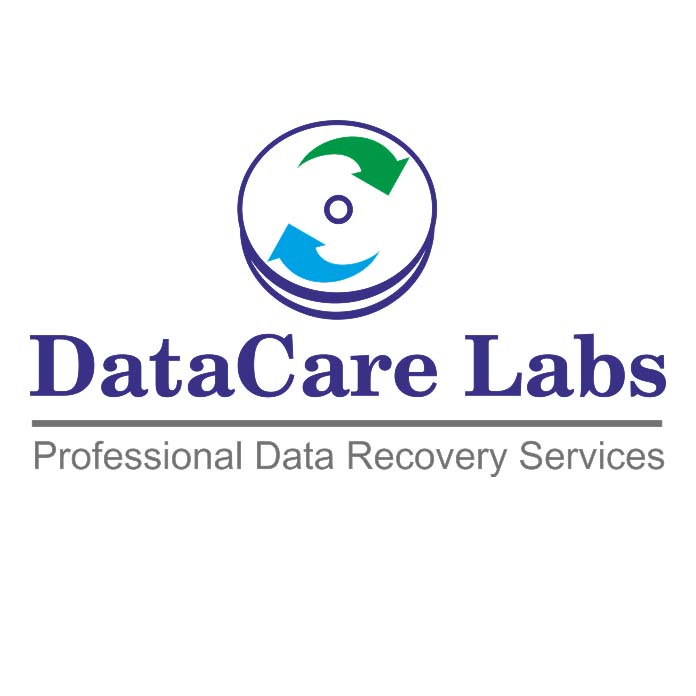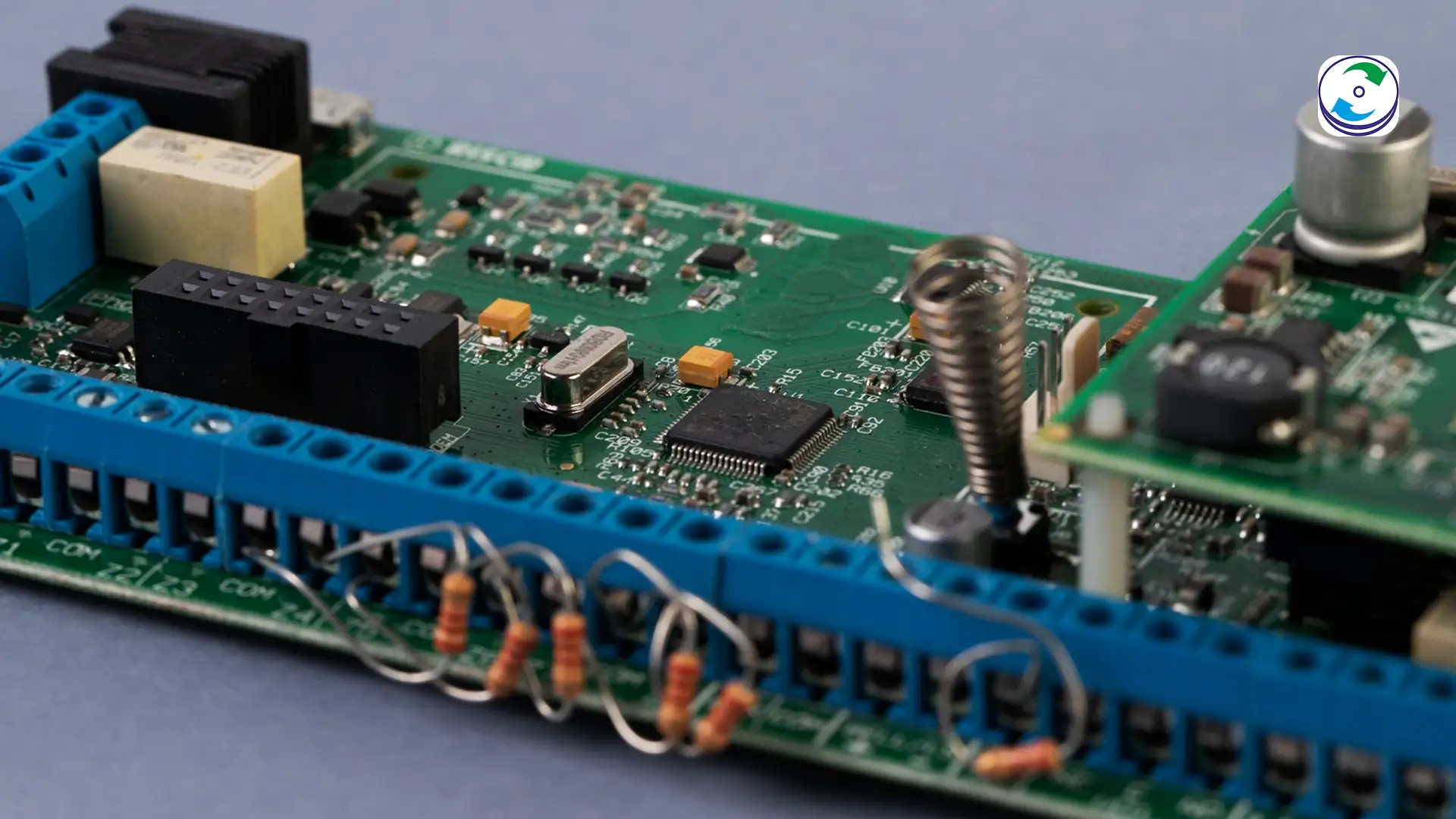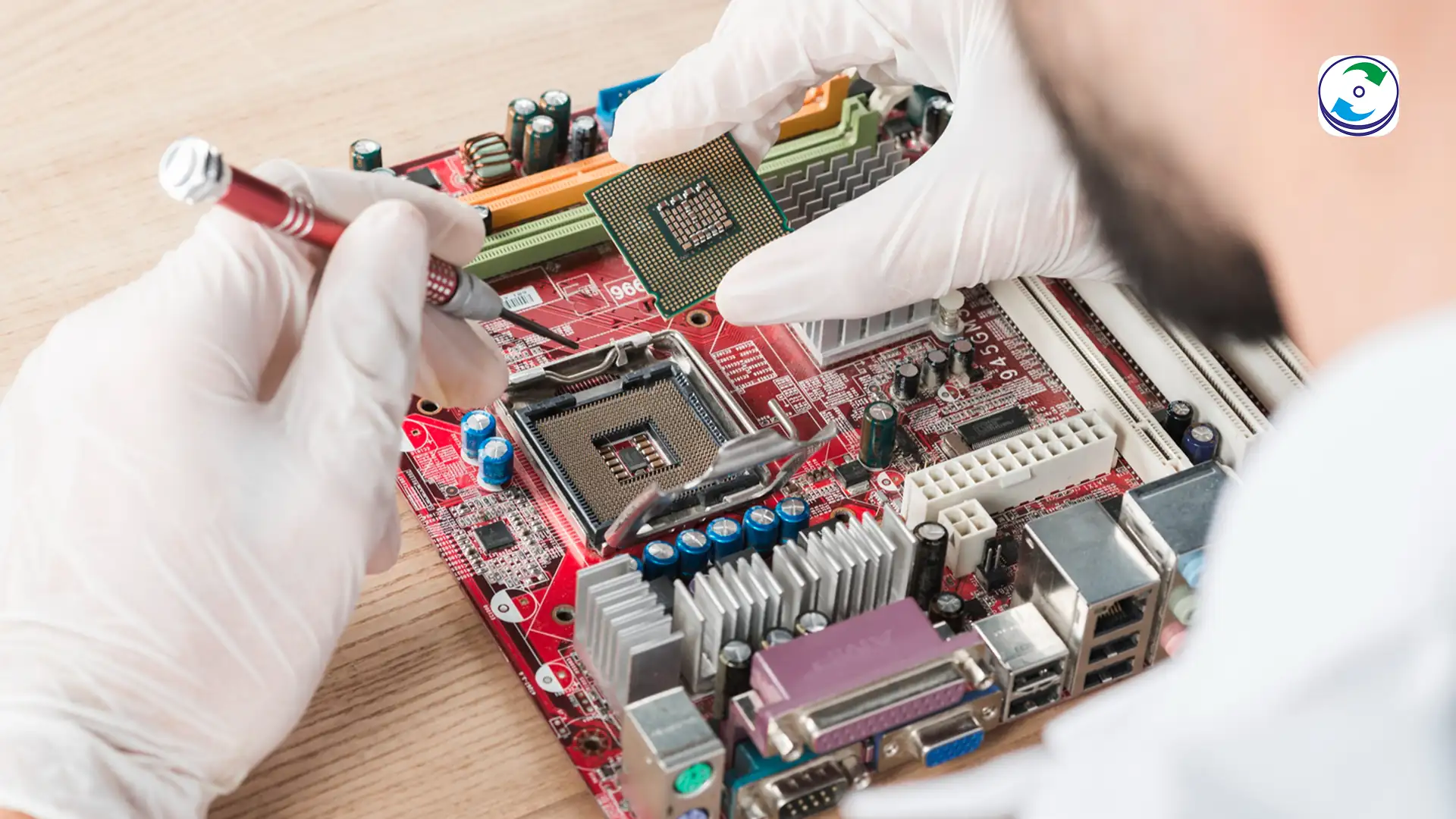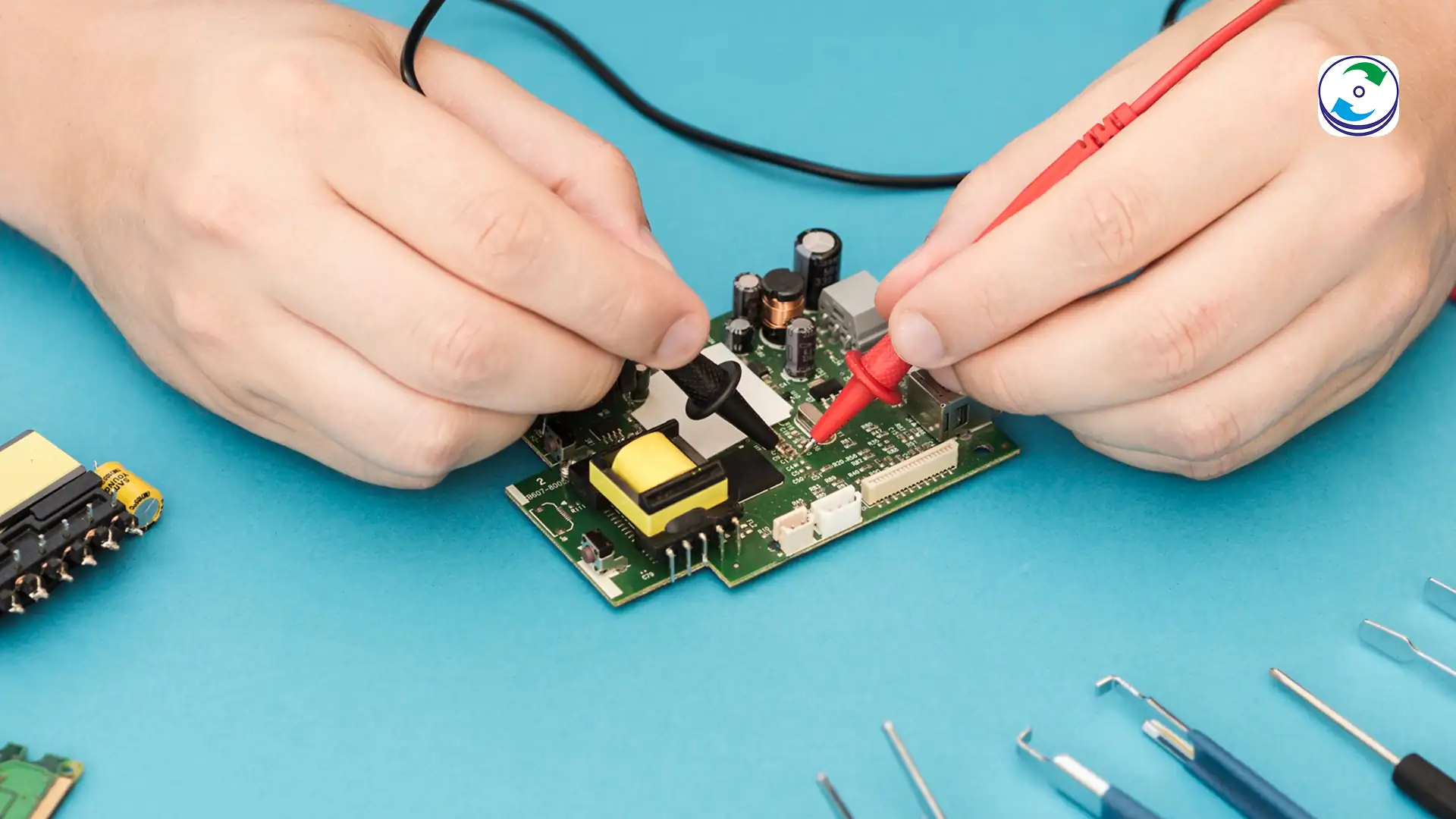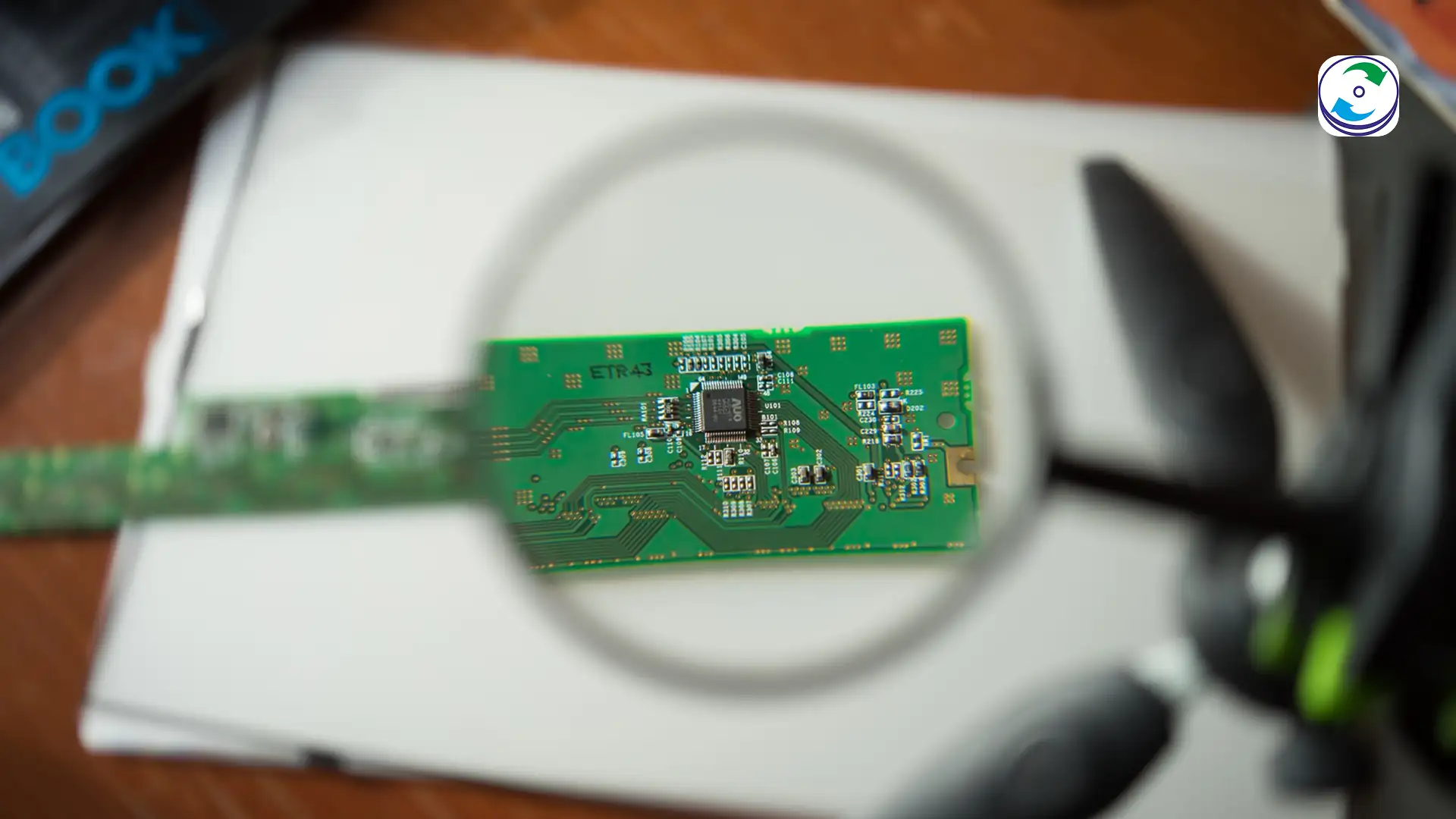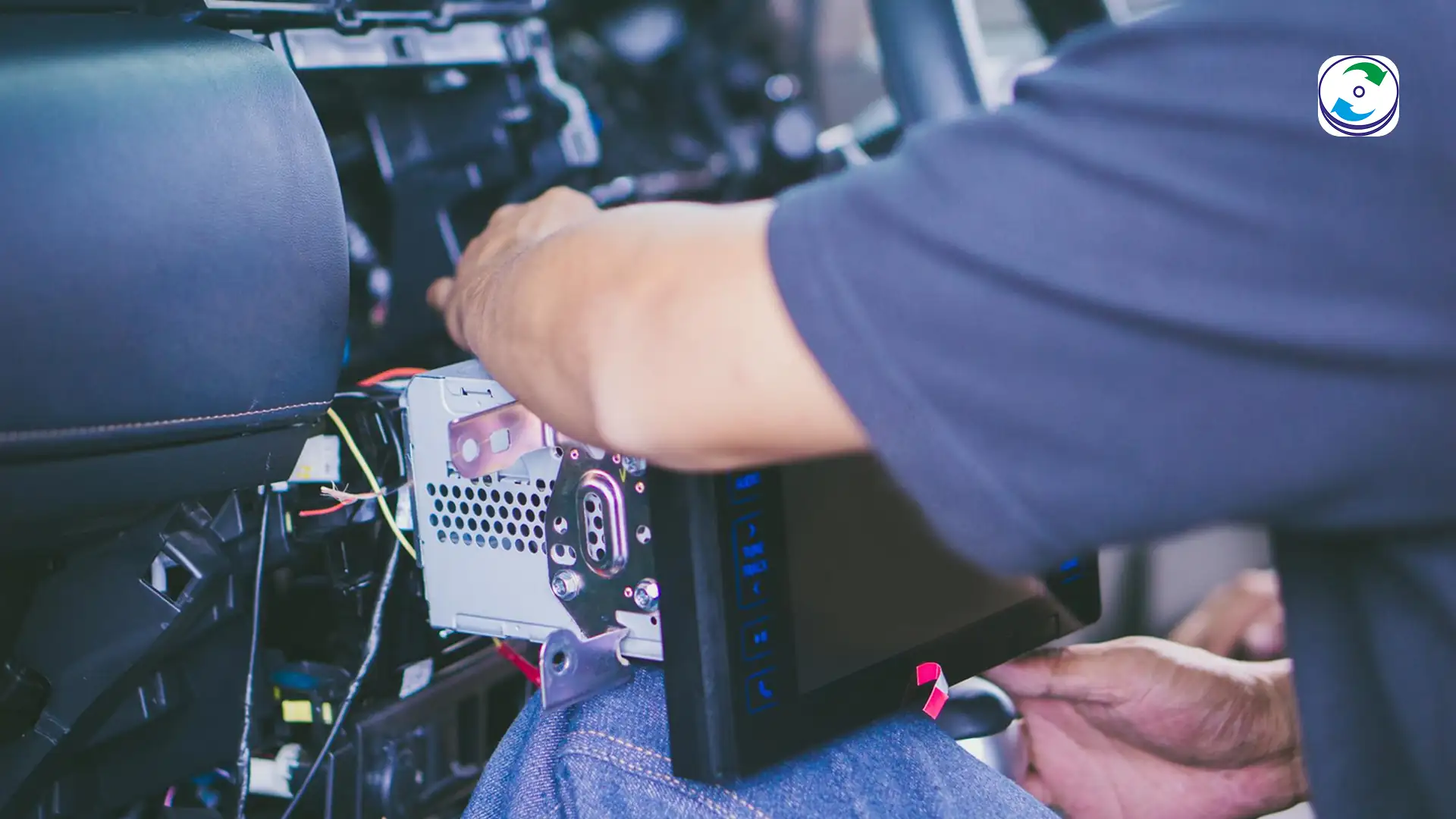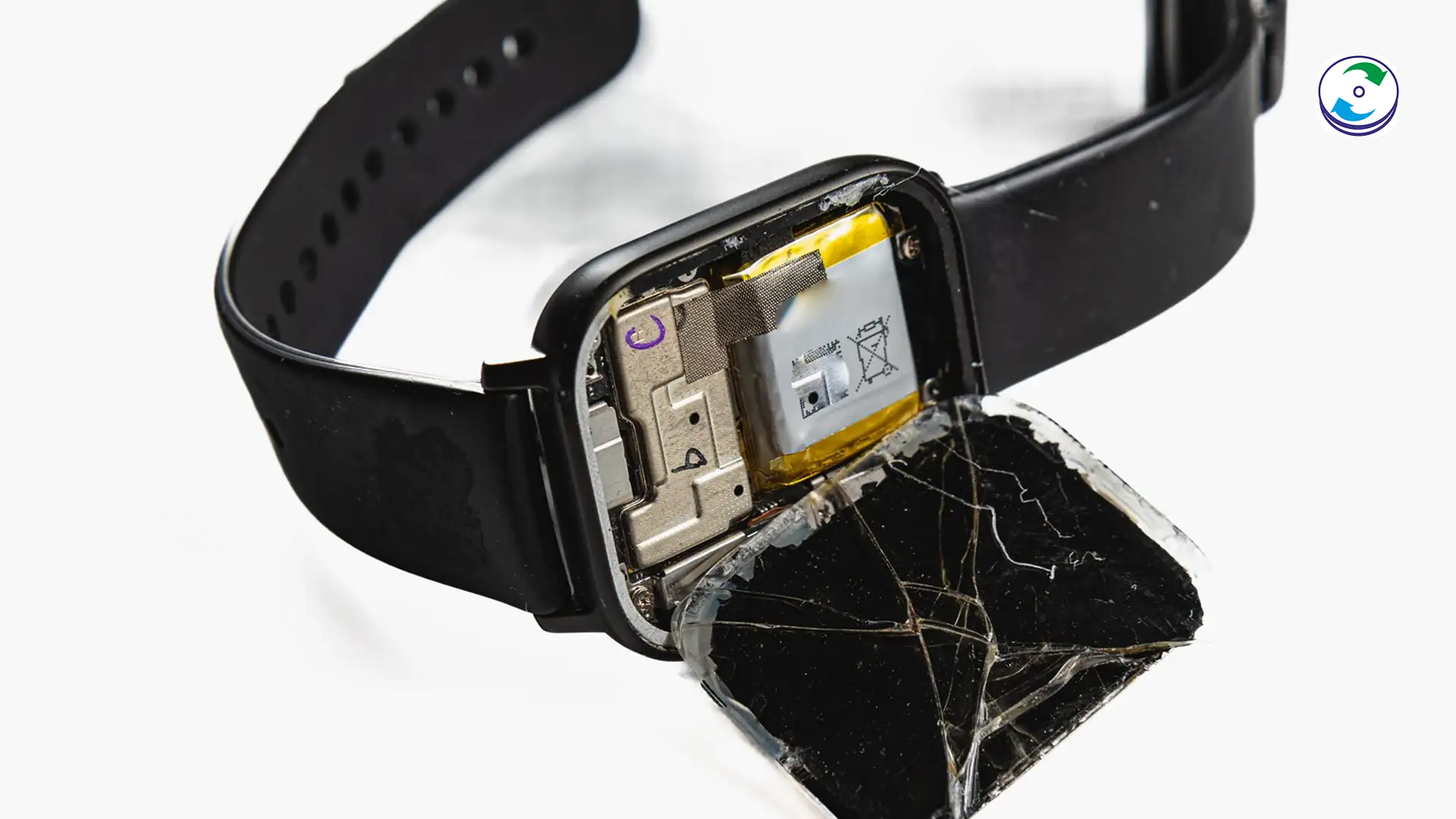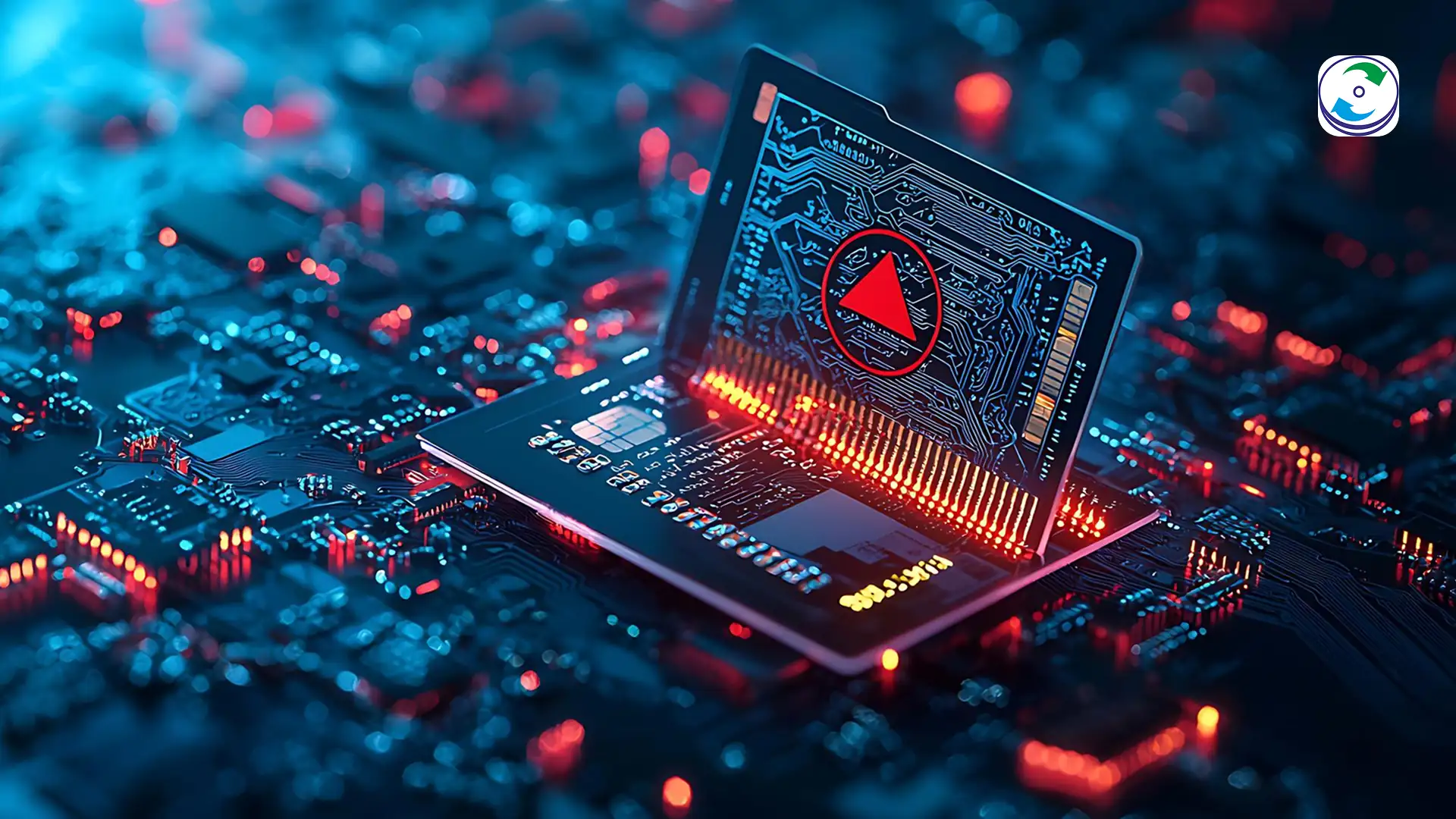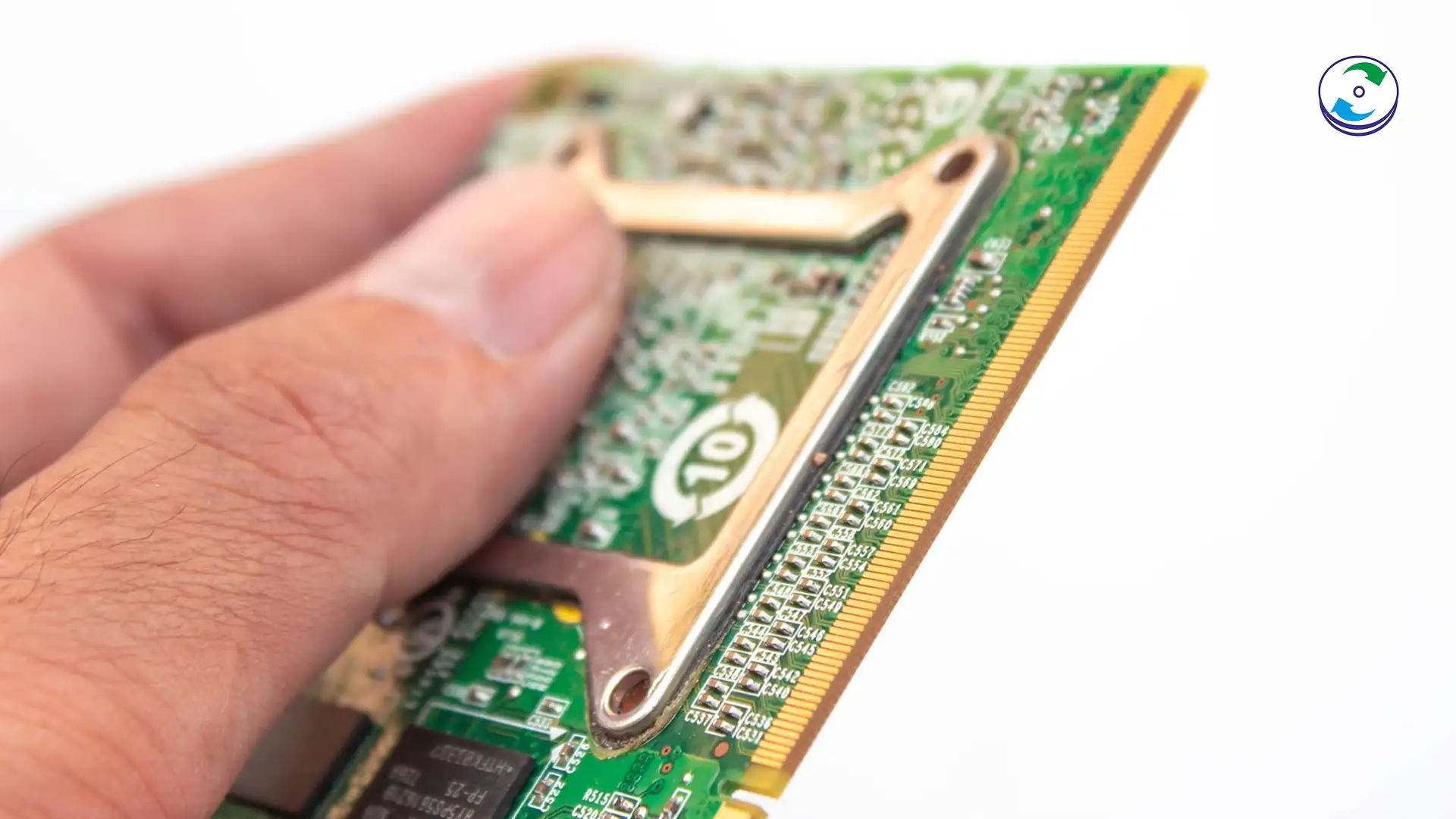Hard Drive Not Detected: Why It Happens and How Professionals Can Recover Your Data in the UK
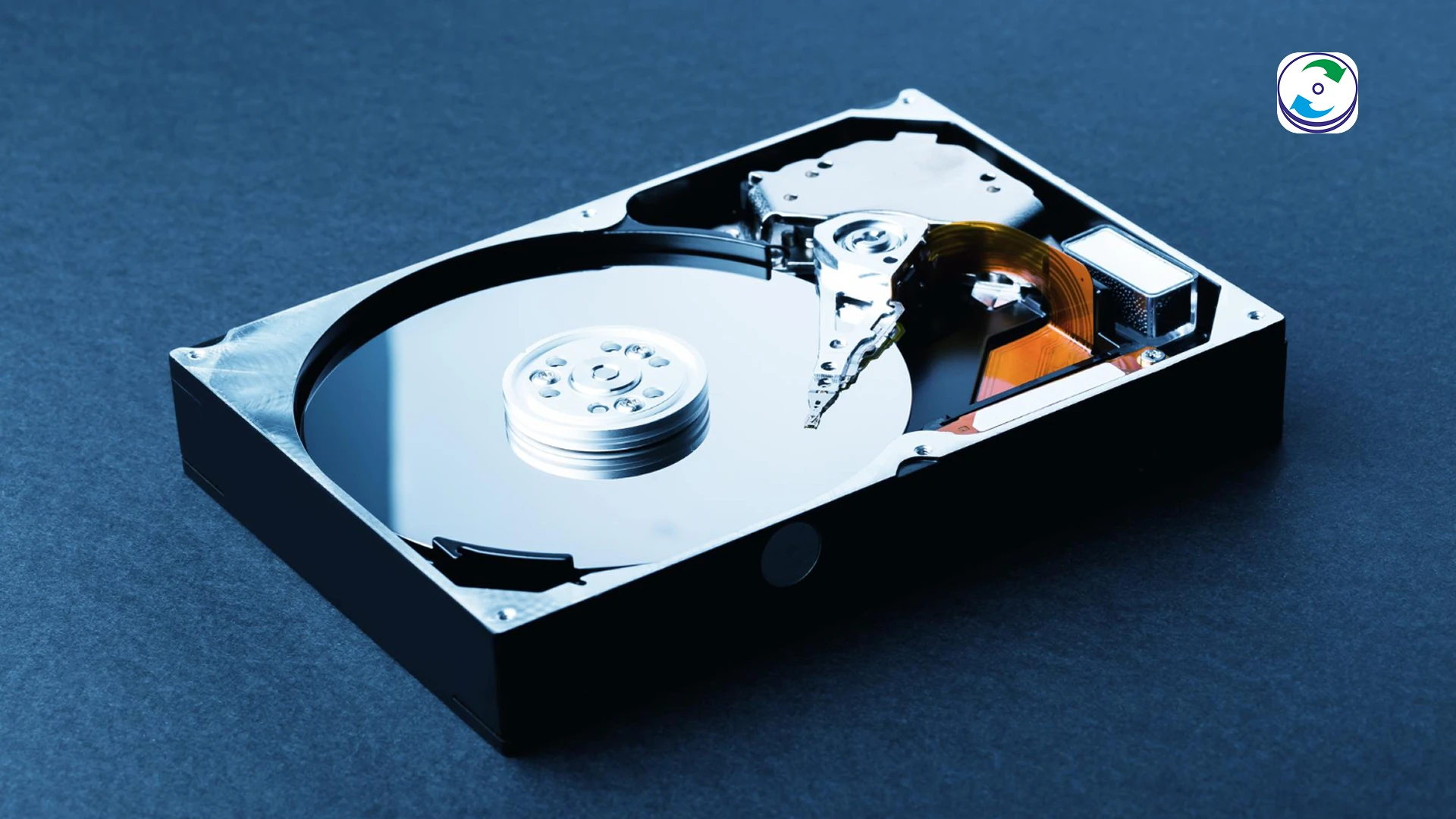
Introduction
You go to access an external hard drive, or perhaps your computer fails to boot, and the device that holds all your important files is simply not showing up. For many businesses and individuals across the UK, this is one of the most terrifying computer problems you can face. The feeling of panic sets in: has my data been completely erased?
The good news is that in most cases, a hard drive that is “not detected” is a serious problem, but your data is likely still on the drive and is recoverable. The key is to understand what’s happening and to avoid any DIY fixes that could cause permanent damage. This guide will walk you through the common causes and explain why a professional service is your safest bet for a successful data recovery.
The Two Core Reasons a Hard Drive is Not Detected
When your computer can’t find a hard drive, it’s typically due to one of two categories of failure.
-
Logical Failure: The drive itself is physically working, but a software problem is preventing your computer from recognizing it. This could be caused by:
-
A corrupted file system, often seen with errors like
windows was unable to complete the format. -
A missing or incorrect drive letter.
-
A corrupted Master Boot Record (MBR) or partition table, causing the drive to appear as
disk not initialized.
-
-
Physical Failure: This is a hardware problem with the drive itself. The drive may be completely unresponsive, making clicking or beeping sounds, or simply not spinning up. Common physical failures include:
-
A power surge that damages the PCB (Printed Circuit Board).
-
A head crash where the read/write heads scrape the platters.
-
Motor failure preventing the platters from spinning.
-
Bad sectors that prevent the computer from reading critical data.
-
Your First Steps: Safe DIY Troubleshooting
Before you panic, try these simple, safe troubleshooting steps. If your drive is an external one, these may be all you need to get it back.
-
Check the Connection: Try a different USB port and a different cable. Ensure the cable is securely connected at both ends.
-
Check Another Computer: Plug the hard drive into another computer to rule out a problem with your original machine’s ports or drivers.
-
Check Disk Management: On Windows, press the Windows key + X and select “Disk Management.” See if the drive is listed there, even without a drive letter. If it appears as “Unallocated” or “Not Initialized,” do not proceed with formatting or initializing the disk, as this will erase your data.
Crucial Warning: If your drive is making any unusual sounds (clicking, grinding, buzzing) or if the above steps do not work, stop immediately. Any further attempts can cause a head crash, leading to irreversible data loss.
When DIY Fails: The Need for Professional Expertise
If your simple troubleshooting steps fail, it’s a strong indication of a physical problem that cannot be fixed at home. In these cases, a data recovery professional is your only safe option. Using consumer-grade software or attempting to open the drive yourself will almost certainly cause permanent data loss.
-
Avoid Data Overwriting: Every time you try to access a failing drive, you risk overwriting the remaining data. Professionals use specialized tools that can safely read the data from a drive without causing further damage.
-
Cleanroom Environment: Physical recoveries from drives with head or platter damage require a Class 100 Cleanroom to prevent microscopic dust particles from destroying the delicate drive components. This is not something you can replicate at home.
At DataCare Labs, we provide a complete, risk-free data recovery solution for individuals and businesses across the UK.
-
Expert Diagnosis: Our first step is a free, in-depth evaluation of your drive in a professional lab. We’ll diagnose the exact cause of failure and provide a clear quote before any work begins.
-
Advanced Tools and Techniques: Our engineers use specialized, non-invasive tools to safely handle logical failures and recover data from physically damaged drives. We can fix issues like
disk not initializedwithout erasing your data. -
Your Ultimate Safety Net: We operate on a “No data, No charges” policy. If we can’t recover your data, you don’t pay a penny.
-
Convenient Service: We offer free pickup and drop-off for your drive from anywhere in the UK. This gives you a fast and secure way to get your data to our lab without any hassle.
Conclusion: An Un-detected Hard Drive is a Fixable Problem
The moment your hard drive stops being recognized, you need to act quickly and carefully. After trying the simple connections checks, do not attempt to format, initialize, or open the drive yourself. The safest path to getting your data back is to trust a professional. Contact us today for a free evaluation and let our experts give you peace of mind by safely recovering your data.

